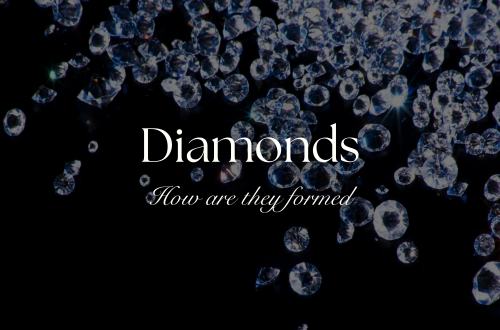Gemology is the scientific study and identification of gemstones. It involves the comprehensive examination and analysis of various aspects of gemstones, taking into account their physical, chemical, and optical properties. People who work in this field are known as gemologists. They use their knowledge and understanding of gemstones to assess these precious and semi-precious stones’ quality, authenticity, and overall value.
Gemologists can work in various environments, including gemological laboratories, jewelry stores, auction houses, or as independent consultants. Their expertise is critical in ensuring the accuracy of gemstone descriptions, facilitating fair trade practices, and helping consumers make informed decisions when buying or selling gemstones. Gemologists play an integral role in the global gemstone industry by bridging the gap between science and commerce. And have recently been behind in uncovering a scam, where individuals exchanged a lab-made diamond with a natural diamond with very similar (but not identical) characteristics, and sold the lab-made diamond with the natural diamond’s GIA certificate. After this was uncovered the main Gemological institutes (GIA – Gemological Institute of America, IGI – International Gemological Institute, and HRD -Hoge Raad Voor Diamant) issued warnings for gem customers to show extreme caution, and when in doubt get the stone examined by a trustworthy gemologist before committing to the purchase
The main things a gemologist will do are:
- Identification: One of the primary roles of a gemologist is to identify different types of gemstones. This identification process is largely based on the unique characteristics of each gemstone. Factors such as color, clarity, cut, carat weight, and specific optical properties are carefully assessed. By analyzing these characteristics, gemologists can accurately distinguish between various types of gemstones, even those that may appear similar to the untrained eye.
- Testing and Analysis: Gemologists employ various tools and techniques for testing and analyzing gemstones. These may include using microscopes to examine the minute details of the gemstones, spectrometers to analyze their chemical composition, refractometers to measure their refractive index, and other specialized equipment that can help examine a gemstone’s internal and external features. This rigorous testing and analysis are crucial in providing a detailed profile of each gemstone.
- Grading: Gemologists often grade gemstones based on established standards. For example, diamonds are typically graded using the 4 Cs: color, clarity, cut, and carat weight. Meanwhile, colored gemstones like emeralds or sapphires have their own grading criteria. This grading system serves as a universal language that enables clear communication about the quality of gemstones across the globe.
- Origin Determination: An interesting aspect of gemology involves determining the geographic origin of a gemstone. The origin can greatly affect a gemstone’s value as certain gemstone deposits have unique characteristics that can be used to identify their source. The origin of a stone can also provide fascinating insights into the geological processes that led to its creation.
- Treatment Identification: Gemologists are trained to identify whether a gemstone has undergone any treatments to enhance its appearance. Common treatments include heat treatment, irradiation, and filling of surface-reaching fractures. The disclosure of such treatments is crucial for maintaining transparency and ethics in the gem trade.
- Gemstone Education: Gemologists play a significant role in educating various stakeholders about gemstones. They provide vital information to jewelers, collectors, and the general public about the characteristics, care, and proper handling of different gemstones. This helps individuals make informed decisions when buying or selling gemstones and fosters an appreciation for gemology’s scientific and aesthetic aspects.





you’re really a excellent webmaster. The web site loading
speed is amazing. It seems that you’re doing any unique trick.
Also, The contents are masterpiece. you’ve done a excellent task
in this subject!
Thank you! I appreciate!